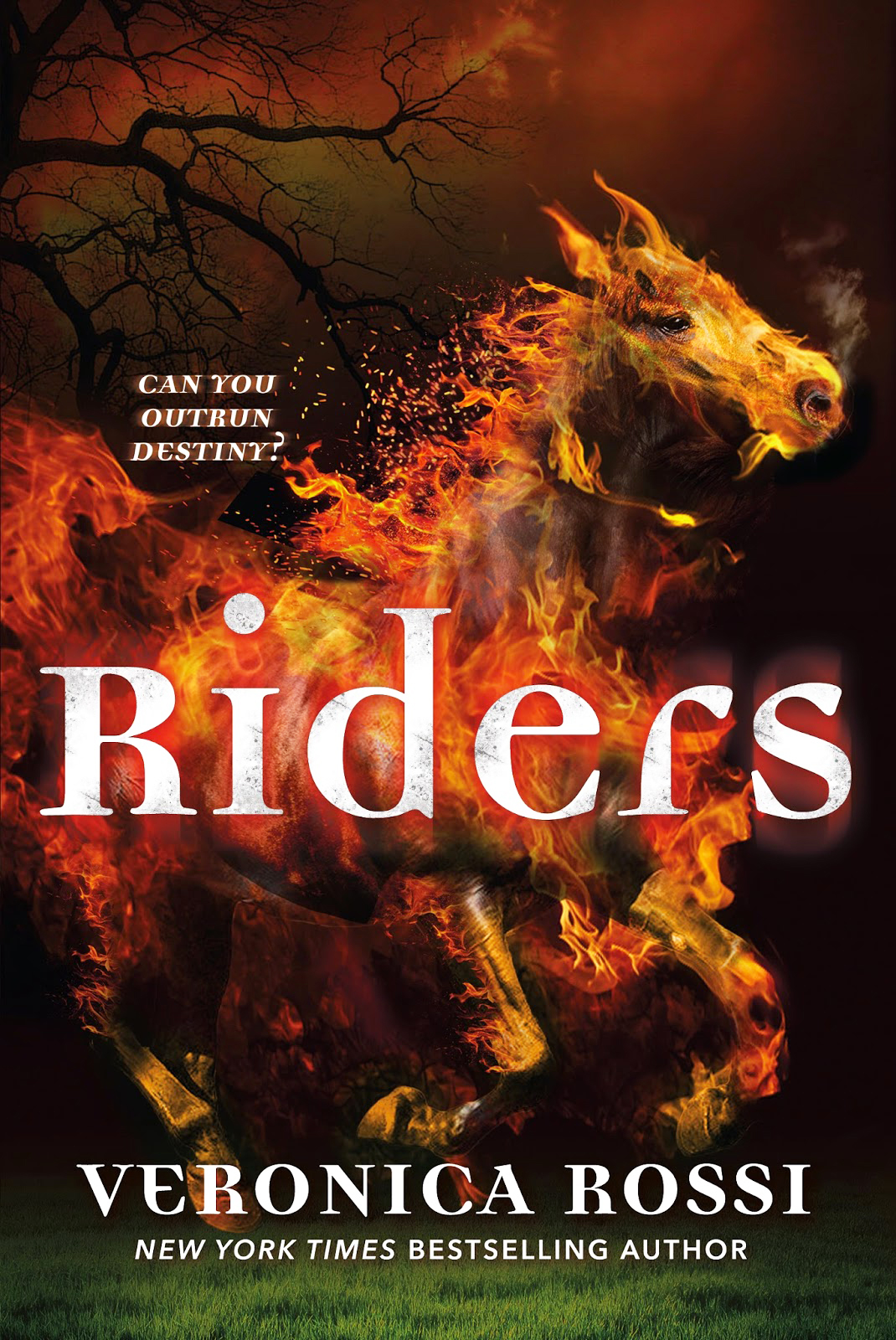Book Review: ‘Riders’

(Courtesy of Tor Teen)
By Carol Yao
March 29, 2016 12:00 a.m.
Through a tale of love, friendship and self-realization, Veronica Rossi ventures into the world of urban fantasy with “Riders.”
It is the first book of her newest series, and follows the story of 18-year-old Gideon Blake as he is confined by the U.S. government and accused of conducting suspicious activities.
Rossi, an emerging author and UCLA alumna, trekked into the literary spotlight and became a New York Times best-selling author with her debut series, “Under the Never Sky.”
While her first series was known for its love story, “Riders” is an action-based fantasy novel with only a sprinkle of romance. However, Rossi focuses too little on too many variables such as world-building, romance, character and plot development.
The book begins with Gideon drugged, tied up and being interrogated by a government official named Cordero. It is up to him to convincingly explain that although he is War, one of the four biblical horsemen prophesied to bring the apocalypse, he is trying to prevent global destruction.
The first installment, which shares a name with the series, is written from Gideon’s first person point of view. It begins with the end of his adventures as he is explaining his situation to Cordero, and the readers follow along with Gideon’s journey as he finds the other three horsemen through his retelling. The book alternates between scenes in the present where he is in a room with agent Cordero and scenes from his past.
The vacillation between tenses feels forced and unnecessary because Cordero’s interrogation usually lasts about a page, while Gideon’s explanation for each of Cordero’s questions stretches into a multi-chapter soliloquy. Many chapters contain too much detail about a girl named Daryn Martin and their flirting escapades, resulting in a confusing mess.
The romance between Gideon and Daryn is heartwarming, albeit on the naive side, but it’s unlikely a 30-year-old government official would sit through Gideon’s drug-induced monologues about a girl.
Authors sometimes have trouble portraying voices of characters drastically different from themselves. Although Rossi’s prose consists of short, choppy sentences which sometimes lack vitality, it does persuade readers that a boy is narrating the story.
One problem with her writing style is that the narration depicts Gideon as an immature, self-absorbed boy through vernacular speech that is unfitting to his character, as he is a potential U.S. Army ranger emotionally plagued by his father’s death and the burden of supporting his twin sister through college. The difference between how he acts and who he is supposed to be seem jarring and out of character.
Perhaps Rossi intended to initially portray Gideon as immature to leave room for development in the future, but from the beginning to the end of “Riders,” his character, and the character of many others, stayed rather stagnant. Gideon begins as an angry teenager and ends as a less angry teenager. Daryn begins as a tough female lead and dwindles into the stereotypical trope of a damsel in distress as she falls in love with Gideon.
The book is written in a logical format, but has potential to expand. Rossi’s idea of retelling the story through Gideon’s lens is innovative, but her execution is confusing. Readers have a hard time grasping who is talking and what is happening during the first few chapters, and Gideon often refers to names without giving the readers any background information.
Rossi’s concept of basing “Riders” on the four biblical horsemen of the apocalypse deserves recognition because most fantasy books of today center around Greek mythology or other pre-existing legends, but she is able to find a more creative source.
The book is a decent read, but takes some effort to get through. Hopefully, the four horsemen will become more like men than boys in the next installment.

